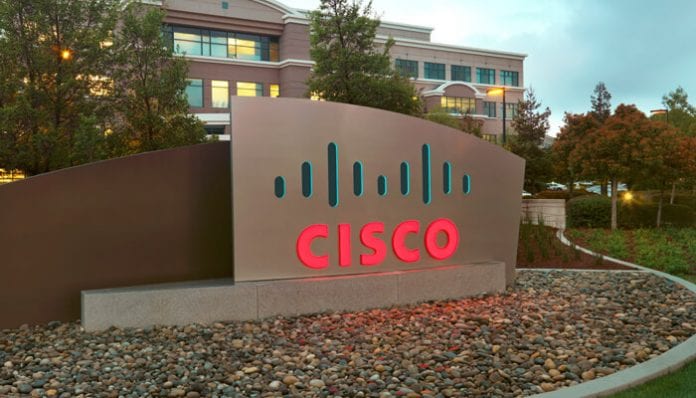Cisco Systems, Inc. (NASDAQ:CSCO) has confirmed an acquisition deal with Portcullis, a UK based firm that deals with government and enterprise security.
Cisco is strategically acquiring the UK security firm to strengthen its presence in the security consultancy field. The deal was announced on September 30, though no further details have been revealed about the acquisition. The UK company will become part of the Cisco Security Solutions group and will be helmed by James Mobley.
Portcullis deals with penetration testing, security analysis and research. The company is ISO certified with a digital payments standard under the PCI DSS audits and ISO 270001:2013 security compliance. According to the Portcullis website, the firm offers penetration testing and scanning services to companies seeking the PCI DSS compliance. The latter was created by the PCI Security Standards Council to enforce data security especially on card payments all around the world.
Cisco expects the acquisition of Portcullis to speed up the reach of the security of the consultancy business beyond the boundaries of the US. The company released a statement pointing to the acquisition as it’s ticket towards enhancing the capacity to provide strong security services to the clients as well as pushing the business forward.
Financial details about the acquisition are yet to be disclosed, though deal is expected to close before the summer of 2016.
The Portcullis acquisition is a strong indicator of how much weight the company puts in the consultancy business. This is because it is a vital part of the modern business structure. Cisco is also looking to employ more security measures in line with the new level of threats and advanced cyber attacks.
Risk management is therefore a vital component towards the overall success of the firm. Cisco also recently announced a joint venture with Inspur, a cloud computing firm based in China. Last year, the company acquired Neohapsis another cloud security company that offers security advisory services in risk assessment.
Sources: zdnet









